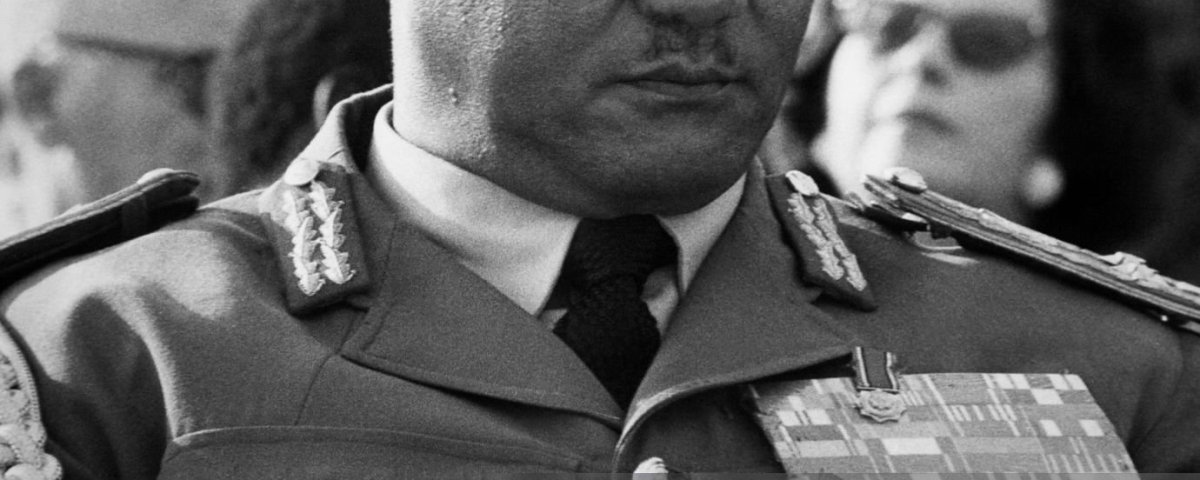Historic AFCON (Part Five)

Historic AFCON (Part Four)
January 2, 2024
Historic AFCON (Part Six)
January 2, 2024Historic AFCON (Part Five)

By Satish Sekar © Satish Sekar (December 31st 2023)
The Price
General Jafaar Nimeiry had delivered success on the pitch. Now he intended to bask in the glory it produced. But Nimeiry knew the price of power in Sudan. It has had the second highest number of coups – only Bolivia has endured more. Of 19 coup attempts in Sudan twelve ended in failure.
Strangely, the Sudanese Communist Party supported the 1969 coup, but Nimeiry soon lost their support. In July 1971 Major Hashem Al-Atta’s coup toppled Nimeiry for a few days, but he was eventually returned to power. Atta and fellow coup leaders, Colonel Abdul Moneim Mohamed Ahmed, Lieutenant-Colonel Osman Hossein and Captain Muawaiya Abdul Hay were executed, but the officers who freed Nimeiry, Corporal Hamad Iheimir and Abd al-Rahman Shambe were not as loyal as Nimeiry thought. Both were promoted, but Shambe later admitted that the plan had been to destroy the groups of both Nimeiry and Al-Atta.
But if Nimeiry thought that crushing al-Atta’s coup would deter others from trying to topple him, he was mistaken. Iheimir was involved in the attempt to overthrow Nimeiry four years later in Brigadier Hassan Hussein Othman’s coup attempt, along with Shambe. Othman was injured during his coup attempt, which was defeated by troops loyal to Nimeiry. Othman was court martialled and executed in September 1975. Iheimir and others were also executed.
Months later a poorly organised coup occurred without adequate planning for success. Sadiq al-Mahdi planned the coup, but betrayed it, even targeting its reluctant organiser Brigadier-General Muhammad Nour Saad for assassination, along with the Muslim Brotherhood’s Othman Khaled Mudawi and the Democratic Union’s Ali Mahmoud Hassanein. Saad and others involved in the coup attempt were executed.
Nimeiry was eventually ousted from power in a coup in May 1985 after popular unrest. The successful coup was led by Marshall Suwar Al-Dahab while Nimeiry was abroad. Al-Dahab returned Sudan to civilian rule in 1986, but Sadiq Al-Mahdi was overthrown in yet another coup, led by Omar Al-Bashir, who ruled with an iron fist for three decades until he was forced from power in 2019.
Nimeiry died in 2009, aged 79. His football honeymoon was short-lived, but he clung to power. Cameroon would host the 1972 edition, believing that they would host and win. That didn’t happen, but the Ivorians would not appear in the 1972 Africa Cup of Nations (AFCON) Finals. They were beaten in the qualification round by Congo-Brazzaville. That meant that the great Laurent Pokou would not get the chance to add to his tally.
Records Galore
In the 1970 edition of the Africa Cup of Nations (AFCON) Finals la Côte d’Ivoire’s African great the late Laurent Pokou established records galore. He bettered the four goals in a match that Mohamed Diab Al-Attar (Ad-Diba) had scored in the first AFCON Final in 1957 against Ethiopia with five in the 6-1 thrashing of Ethiopia.

Pokou had already established a share of the individual goal scorer record for a single edition of AFCON with Egypt’s Hassan El-Shazly having scored six goals in 1968. In the 1970 edition Pokou bettered that tally scoring eight, while El-Shazly netted five times. Despite participating in two more AFCONs, Pokou would not score again, but he set an AFCON record of 14 in AFCON Finals.[1]
Passing the Torch
Sudan had hosted and won AFCON and Nimeiry had delivered the success, controversial or not. The next edition would be in Cameroon, a powerhouse of African club football – the first winners of African Cup of Champions Clubs, Oryx Douala, were from Cameroon and won the 1964-65 edition, beating Stade Malien 2-1 in Accra. 30000 attended the match, whereas two days earlier 20000 more saw the third placed match between Ghana’s Real Republicans (the core of Ohene Djan and Kwame Nkrumah’s vision for Ghanaian football) beat Ethiopia’s Cotton Factory Club 3-1.
Meanwhile, Cameroon would have a chance to avenge their elimination in 1970 as both qualified automatically as champions and hosts. They prepared to host AFCON for the first time. Nothing less than lifting the trophy for the first time would do.
[1] Pokou set three AFCON records in 1970 – one of which the most goals by an individual in one AFCON Finals match still stands. His tally of 14 was broken by Cameroon’s African great Samuel Eto’o Fils in the 2008 edition of AFCON in Ghana. He broke the record on January 30th with a brace against Sudan in a 3-0 win in Tamale. Pokou’s record of eight in a single edition was broken four years after he set in Sudan by the Congolese great, the late Pierre Ndaye Mulamba, although Ndaye had an extra match as 1974’s edition was the only final of AFCON to require a replay. Ndaye scored a brace in both the final on March 12th and replay two days later, thus equalling Ad-Diba’s record for goals in the final, although Ad-Diba only had one match to get his four.

